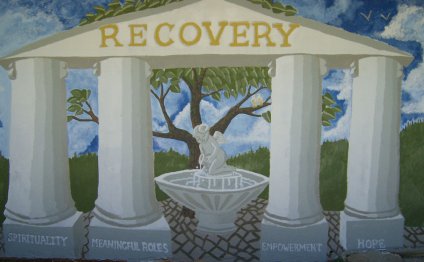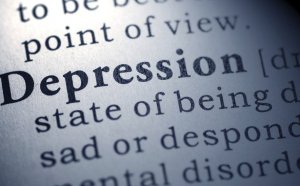
Careers in the mental Health Field
The following mental health professionals can provide psychological assessments and therapy; however, cannot generally prescribe medications (although some states will allow it):
- Clinical Psychologist – A psychologist with a doctoral degree in psychology from an accredited/designated program in psychology. Psychologists are trained to make diagnoses and provide individual and group therapy.
- School Psychologist – A psychologist with an advanced degree in psychology from an accredited/designated program in School Psychology. School Psychologists are trained to make diagnoses, provide individual and group therapy, and work with school staff to maximize efficiency in the schools setting.
The following mental health professionals can provide counseling and with proper training, assessments; however, cannot prescribe medication:
- Clinical Social Worker – A counselor with a masters degree in social work from an accredited graduate program. Trained to make diagnoses, provide individual and group counseling, and provide case management and advocacy; usually found in the hospital setting.
- Licensed Professional Counselor – A counselor with a masters degree in psychology, counseling or a related field. Trained to diagnose and provide individual and group counseling.
- Mental Health Counselor – A counselor with a masters degree and several years of supervised clinical work experience. Trained to diagnose and provide individual and group counseling.
- Certified Alcohol and Drug Abuse Counselor – Counselor with specific clinical training in alcohol and drug abuse. Trained to diagnose and provide individual and group counseling.
- Nurse Psychotherapist – registered nurse who is trained in the practice of psychiatric and mental health nursing. Trained to diagnose and provide individual and group counseling.
- Marital and Family Therapist – counselor with a masters degree, with special education and training in marital and family therapy. Trained to diagnose and provide individual and group counseling.
- Pastoral Counselor – clergy with training in clinical pastoral education. Trained to diagnose and provide individual and group counseling.
- Peer Specialist– counselor with lived experience with mental health or substance use conditions. Assists clients with recovery by recognizing and developing strengths, and setting goals. Many peer support programs require several hours of training.
Other Therapists – therapist with an advance degree trained in specialized forms of therapy. Examples include art therapist, music therapist.
The following mental health professionals can prescribe medication; however, they may not provide therapy:
- Psychiatrist – A medical doctor with special training in the diagnosis and treatment of mental and emotional illnesses. A psychiatrist can prescribe medication, but they often do not counsel patients.
- Child/Adolescent Psychiatrist – A medical doctor with special training in the diagnosis and treatment of emotional and behavioral problems in children. Child and Adolescent psychiatrists can also precribe medication; however, they may not provide psychotherapy.
- Psychiatric or Mental Health Nurse Practitioner – A registered nurse practitioner with a graduate degree and specialized training in the diagnosis and treatment of mental and emotional illness.
Additionally, your Primary Care Physician, Physician’s Assistant or Nurse Practiotioner (depending on your state) are often qualified to provide medication.
Spend a few minutes talking with him or her on the phone, ask about their approach to working with patients, their philosophy, whether or not they have a specialty or concentration (some psychologists for instance specialize in family counseling, or child counseling, while others specialize in divorce or coping with the loss of a loved one.) If you feel comfortable talking to the counselor or doctor, the next step is to make an appointment.
On your first visit, the counselor or the doctor will want to get to know you and why you called him or her. The counselor will want to know- what you think the problem is, about your life, what you do, where you live, with whom you live. It is also common to be asked about your family and friends. This information helps the professional to assess your situation and develop a plan for treatment.
If you don’t feel comfortable with the professional after the first, or even several visits, talk about your feelings at your next meeting; don’t be afraid to contact another counselor. Feeling comfortable with the professional you choose is very important to the success of your treatment.
RELATED VIDEO



Share this Post
Related posts
Sections under the Mental Health Act
Age at interview: 42 Sex: Female Age at diagnosis: 25 Background: Active service user; single. Ethnic background/nationality:…
Read MoreProblems with the mental Health care system
How do you think of the mental health system in the United States? Is it everything we need it to be? Is it far behind research…
Read More










